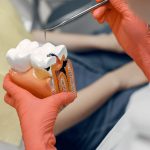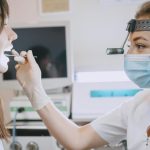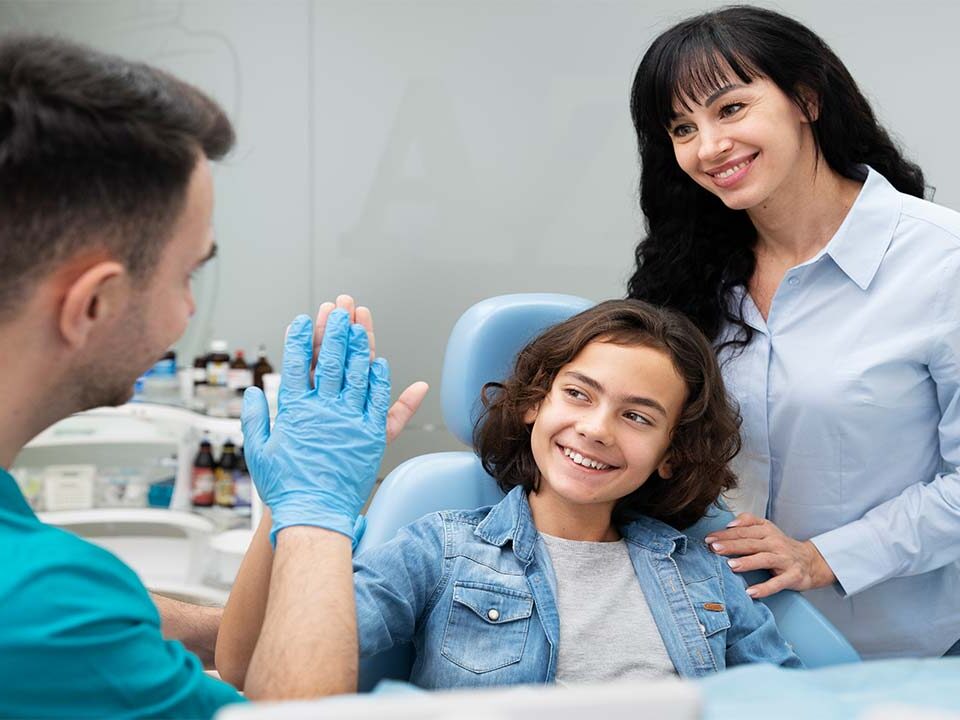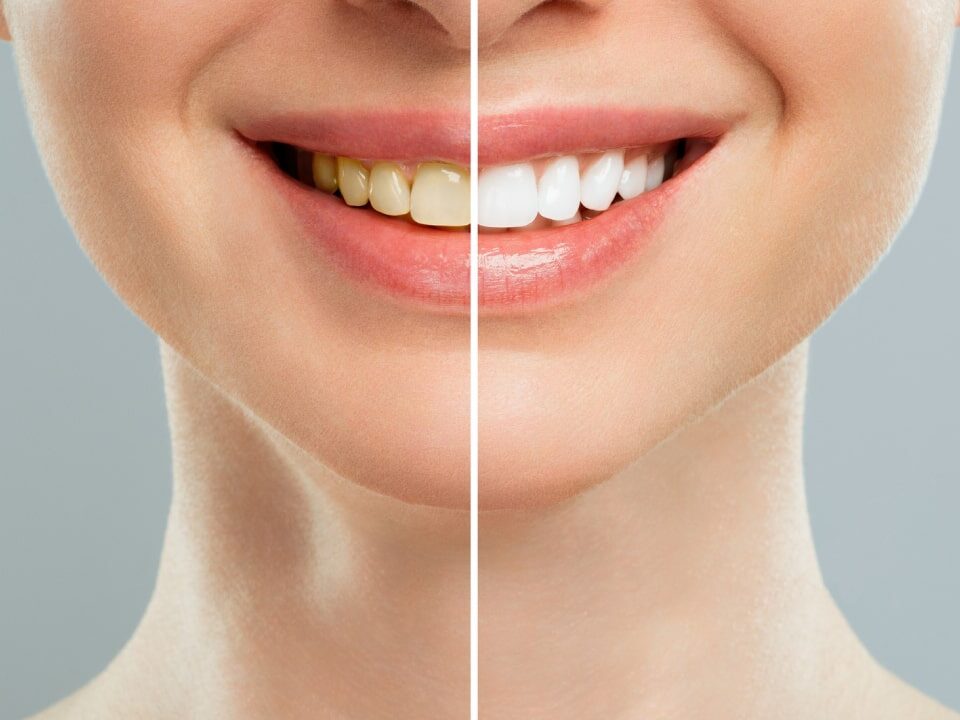
7 Warning Signs You Need a Root Canal
August 14, 2025
Is Gum Disease Hereditary?
August 21, 2025After a wisdom tooth removal, the first hours and days matter the most. The way you care for your mouth decides how well and how fast you heal. Many people leave the dental office unsure of what to do next, and that can cause worry. After a wisdom tooth removal, many people feel unsure about what comes next. Here, we tell you all about wisdom tooth extraction aftercare so you can care for your mouth with confidence.
Table of Contents
ToggleBite a Gauze Pad
Biting a gauze pad helps control bleeding and allows the blood clot to form. The clot protects the wound and starts the healing process. Keep the gauze in place for about thirty to forty-five minutes after the procedure. If bleeding continues, replace it with a clean piece and keep light pressure on it. Avoid chewing the gauze because it may damage the clot.
Rest and Elevate Your Head
Rest allows the body to heal more quickly after wisdom tooth removal. Keep the head slightly raised when lying down, as this reduces swelling and bleeding. Avoid heavy physical activity for the first twenty-four hours. Extra movement can disturb the clot and delay recovery.
Apply an Ice Pack
An ice pack helps reduce swelling and discomfort in the first days after surgery. Place the ice pack on the outside of the cheek for fifteen to twenty minutes, then remove it for the same amount of time. Repeat this pattern during the first day to keep swelling under control. Ice also helps numb the area, making recovery more comfortable.
Click Here to Learn about the Best Dentistry in Ahwatukee, Phoenix, AZ.
Keep the Extraction Site Clean
Cleaning the area is an important part of wisdom tooth extraction aftercare. Food and bacteria can collect near the wound and cause infection if not removed. So, don’t forget to:
- Rinse with warm salt water after meals
- Brush teeth twice a day, but avoid the wound
- Keep food away from the extraction site
- Drink water to wash away food particles
- Check the area in a mirror to make sure it looks clean
Eat Soft Foods
Soft foods protect the extraction site and make eating easier while the mouth heals. Try to add these to your meals:
- Yogurt
- Soup (not very hot)
- Mashed potatoes
- Scrambled eggs
- Oatmeal
- Smoothies without seeds
- Applesauce
- Pudding
- Soft-cooked pasta
- Cottage cheese
- Ripe bananas
- Avocado mash
Take Medicines as Prescribed
Medicines reduce pain, control swelling, and stop infection. Take them exactly as your dentist says. Do not miss any doses, even if you feel better. If your dentist gives you antibiotics, take them every day until the bottle is empty. Stopping early can let the infection come back. This is an important part of wisdom tooth extraction aftercare.
What to Avoid After Wisdom Tooth Extraction?
After a wisdom tooth extraction in Phoenix, avoiding certain things helps the mouth heal faster and prevents problems. Here are things to avoid:
- Drinking through a straw
- Smoking or using tobacco
- Drinking alcohol
- Eating hard, crunchy, or sticky foods
- Touching the wound with your tongue or fingers
- Rinsing your mouth hard
- Doing heavy exercise in the first days
Let’s Recap
Wisdom tooth extraction aftercare protects the surgical site, reduces pain, and speeds healing. By resting, eating the right foods, keeping the mouth clean, and following all instructions, you can avoid serious problems. Careful attention during recovery leads to a healthier and faster return to normal eating and speaking.
FAQs
What to Expect After Wisdom Tooth Extraction?
Mild swelling, light bleeding, and soreness may appear for a few days. These symptoms usually improve within a week.
How many days should I rest after wisdom teeth removal?
Rest for at least two to three days and avoid heavy activity for a full week.
How long does it take for wisdom teeth to heal with stitches?
Gums may close in about seven to ten days, while full healing of bone and tissue can take several weeks.
How to speed up wisdom teeth recovery?
Follow the dentist’s instructions, rest well, eat soft foods, drink enough water, and keep the mouth clean. Avoid alcohol, smoking, and hard foods.



